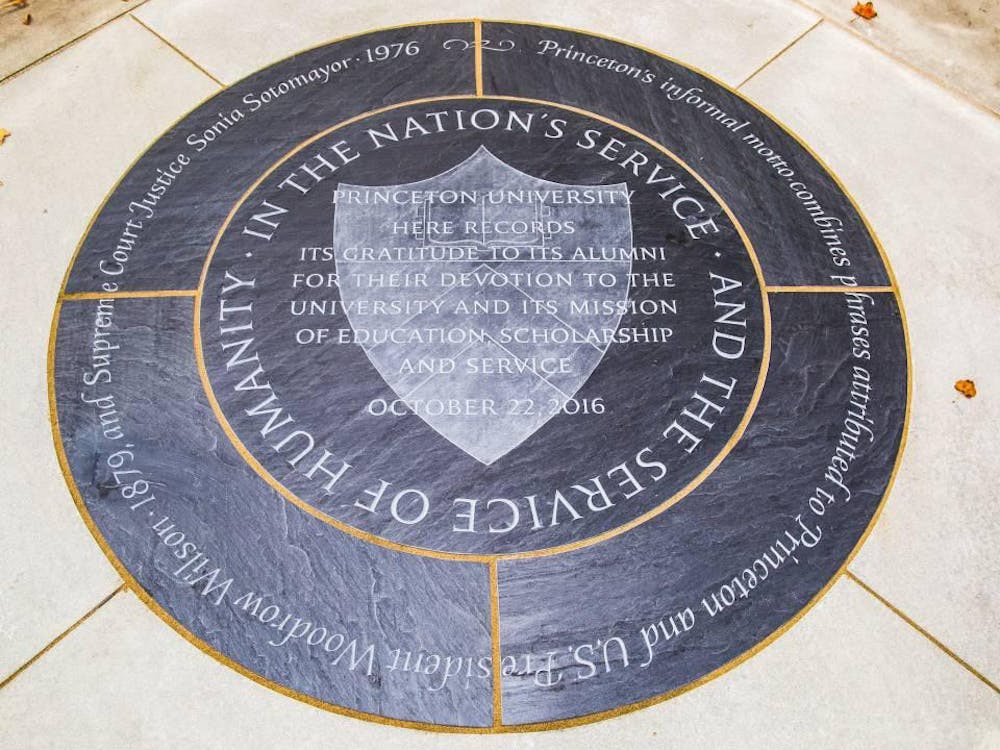In April earlier this year, 276 girls were abducted from an elementary school in Nigeria by Boko Haram, a terrorist group in northeast Nigeria. In the following months, the hashtag #BringBackOurGirls became near ubiquitous on social media and news broadcasts, gaining famous and influential proponents. Everyone from First Lady Michelle Obama to popular movie star Emma Watson took the time to write out the hashtag on a piece of paper, arrange some photo-appropriate writing, and then, at least in the case of Ms. Obama, hire a professional photographer to take a photo of her holding the sign with a reasonably forlorn expression.
By June, the hashtag had been retweeted more than 4 million times on Facebook, Instagram, Youtube and Twitter. However, the cause has largely been forgotten since then, even though the girls are still in captivity. As The New Yorker describes it, “the girls have now been mostly forgotten by the citizens, celebrities, and politicians in other countries who once passionately pled for their release … A viral hashtag, it seems, is a fever that breaks quickly.”
Even though the #BringBackOurGirls campaign was important in the sense that it forced the Nigerian government to acknowledge the problem instead of trying to cover it up as was the original intention, the campaign wasn’t sustained long enough to galvanize into action. Immediately after the kidnapping, the Nigerian military claimed it had rescued the girls, even though no such attempt had even been started. Only after a month of media pressure did Nigerian president Goodluck Jonathan even acknowledge that the issue existed and began to accept international help from the United States, Britain, France and China. After that, the media firestorm and the urgency to “bring back our girls” declined precipitously, but what if it had continued?
A video message from Boko Haram in July, three months after the capture, ridiculed the short-lived social media movement. In the video, Abubakar Shekau, Boko Haram’s leader, scoffs, “Bring back our girls? Bring back our army!” With the external pressure on Jonathan at a standstill now that social media has ended its fixation with this cause, it seems increasingly unlikely that a successful exchange will ever be negotiated.
It is also difficult for the foreign governments that are still willing to help negotiate for the permission to increase help in the region, because the Nigerian government is trying to cover up the incident as media attention dies down. Local activists who are still dedicated to the cause are victims of government harassment since Jonathan blames activists for politicizing the kidnapping as he prepares for the 2015 presidential election.
In some cases, bringing awareness to a cause is important if it forces neglectful governments to take action, but the key is that the awareness must instigate action. The problem with short-lived, trendy social media campaigns is that it is certainly a fashionable way to make a statement and show compassion toward an issue, but doesn’t resolve anything unless the attention remains fixed, or even better, unless people make a concerted attempt to contribute in more ways than a #hashtag.
On campus, there are a lot of groups that coordinate events, fundraisers, and awareness campaigns inresponse to pressing current issues. For example, the Princeton Hong Kong Students’ Association in earlyOctober urged everyone to wear yellow and take a photo in a show of solidarity and support for theHong Kong protests. Even if the impact is small, the most important thing for student groups who want to affect change is to keep people’s attention on the protests and not let important issuesfade into obscurity.
Barbara Zhan is an operations research and financial engineering major from Plainsboro, N.J. She can be reached at barbaraz@princeton.edu.







